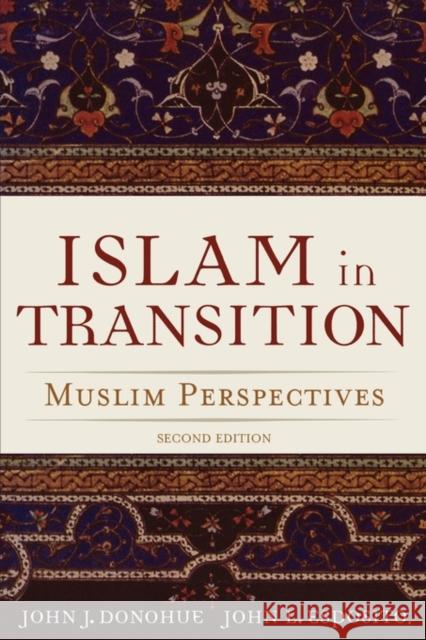Islam in Transition: Muslim Perspectives » książka
Islam in Transition: Muslim Perspectives
ISBN-13: 9780195174311 / Angielski / Miękka / 2006 / 528 str.
9/11 and continued acts of global terrorism have challenged the understanding of academic experts, policymakers, and students, Muslims and non-Muslims alike. Critical questions have been raised about Islam and Muslim politics in the modern world: Are Islam and modernity compatible? Is Islam in need of and capable of reform? What do Islam and what do Muslims have to say about globalization, democracy, human rights, women, jihad, violence, terrorism, and suicide bombing?
Thoroughly revised and updated in this second edition, Islam in Transition: Muslim Perspectives responds to these and other questions, taking into account the myriad of changes and challenges that Islam and Muslims have experienced over the last twenty years. Featuring numerous contemporary writings, fifty percent of which are new to this edition, it provides a point of entry into the various and changing dynamics of Muslim discourse and politics. This volume also bridges the nineteenth and the twenty-first centuries by retaining relevant classic selections from the first edition--by a diverse group of contributors from the Middle East, Southeast Asia, Europe, and the U.S.--that offer historical background.
Ideal for courses on Islam, politics in Islam, and Middle Eastern history, Islam in Transition: Muslim Perspectives, Second Edition, presents a wide range of viewpoints from a cross-section of Muslim intellectuals and religious leaders, from secular to devout, traditionalist to reformist, and moderate to extremist. The essays address key issues including Islam and nationalism, socialism, the secular state, economics, modernization, democracy, women, jihad, violence, terrorism, suicide bombing, globalization, and civilizational dialogue.











